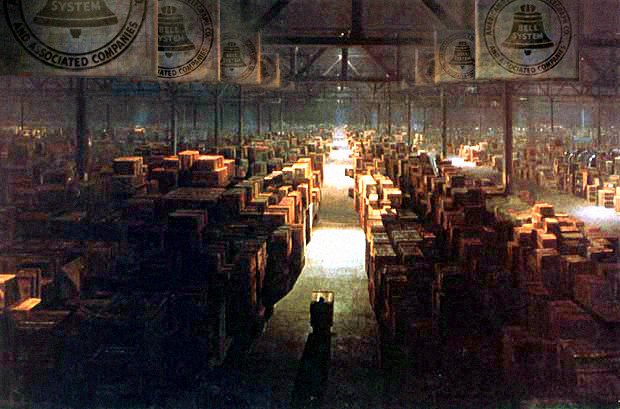Gizmodo has an interesting post about How Ma Bell Shelved the Future for 60 Years. It is an excerpt from The Master Switch by Tim Wu.
Here is the money quote:
This is the essential weakness of a centralized approach to innovation: the notion that it can be a planned and systematic process, best directed by a kind of central intelligence; that it is simply of matter of assembling all the best minds and putting them to work in unison. Were it so, the future could be planned and executed in a scientific manner.
Yes, Bell Labs was great. But AT&T, as an innovator, bore a serious genetic flaw: it could not originate technologies that might, by the remotest possibility, threaten the Bell system. In the language of innovation theory, the output of the Bell Labs was practically restricted to sustaining inventions; disruptive technologies, those that might even cast a shadow of uncertainty over the business model, were simply out of the question.
~*~
Cross-posted at Prometheus Unbound.


…….yes and he uses this analysis to come to wildly bad conclusions.
In all the cases mentioned in his book, it has been the government who has always been the party that actually creates the monopoly.
So what does he want to prevent this? have the government artificially setup the market according to this line of reasoning. Essentially, have the government intervene in the market and expect some different outcome other than an artificial (and therefore inefficient and non-organic) market.
So, unsurprisingly, a statist thinks the solution to a problem (centralized innovation, actually caused by government) is more of the same (government centralization of innovation).
This is interesting and seems to complement the Austrian argument that the calculation problem places an upper limit on the size of the firm (see, e.g., Peter Klein, “Economic Calculation and the Limits of Organization,” in The Capitalist and the Entrepreneur).